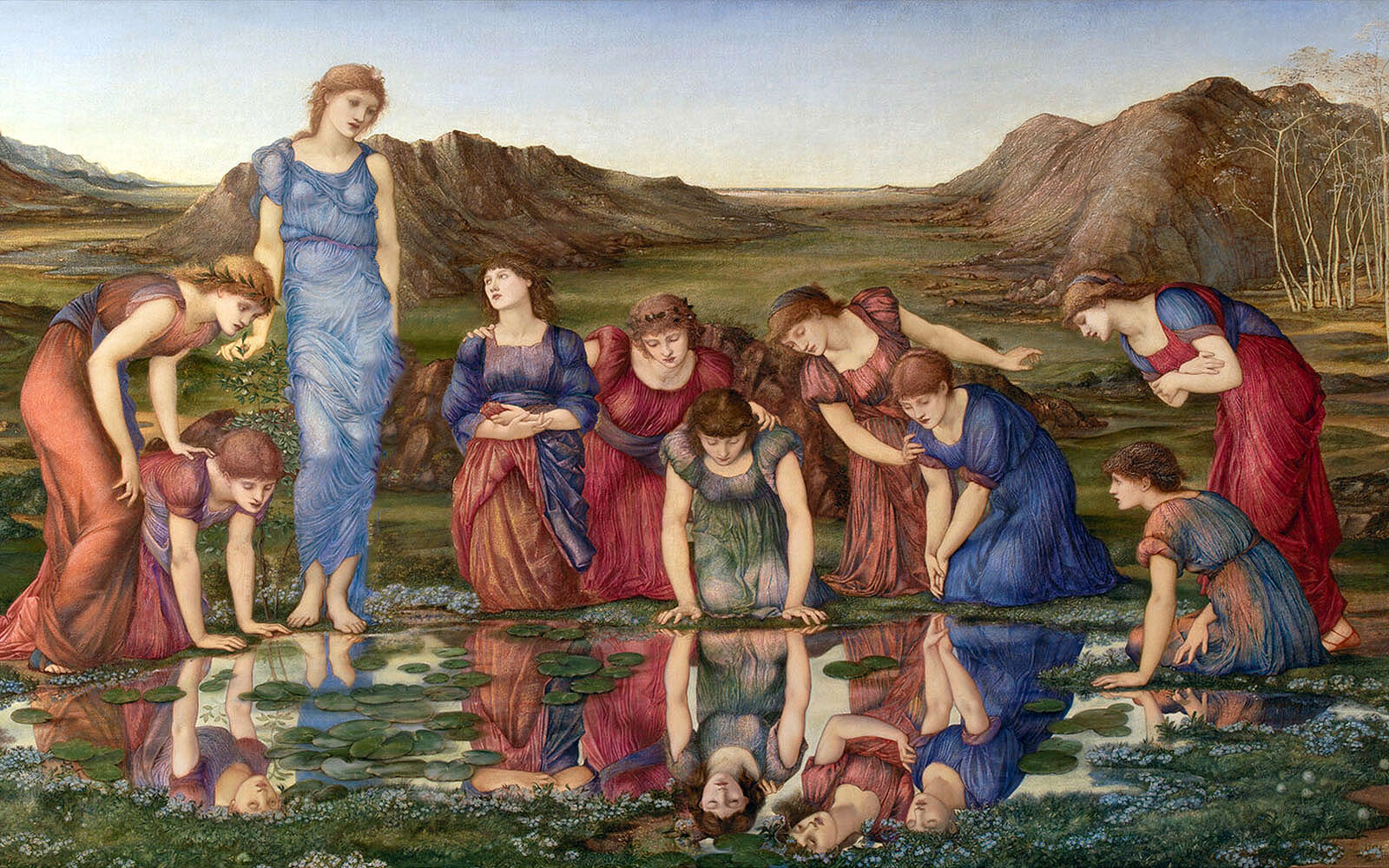Sustainable Heritage, Sustainable Museums: why, how and with whom?
Event Slider
Date
- / Cancelled / Sold out
Location
Room 1Calouste Gulbenkian Foundation
The event will be livestreamed on this page, in Portuguese and English, with simultaneous translation.
Throughout Europe, cultural institutions and their partners are investing more and more energy and time on the most important debate of our time: how can we contribute to combating climate change, to preserving ecosystems and species, and to promoting life on the planet. Monuments and museums are attempting to spur knowledge production and dissemination, encourage discussion and the exchange of ideas, as well as drive experimentation and innovation towards a more sustainable society.
Reflecting upon the impact of climate change and energy use on museums and cultural heritage is a complex and urgent challenge, which brings together discordant threads and tensions. Buildings, on the one hand, must be prepared to ensure the long-term preservation of their history and their collections, while, on the other hand, they must be ready to open their doors to thousands and even millions of enthusiastic visitors. Trying to minimize risks to collections and buildings and mitigate the negative impact of energy use on the natural habitat surrounding these institutions, while also ensuring a productive economic cycle, is a very demanding objective; one which requires advancing new practices and technologies, as well as promoting new thinking. How can resource management be aligned with conservation needs? And how can artistic production and cultural programming meet the greatest challenge of our times?
This meeting will focus on different aspects of this endeavor, on recent efforts to answer these questions, mainly through case studies and testimonies of best practices being implemented in leading institutions throughout Europe and in Portugal.
Organization: Calouste Gulbenkian Foundation and DGPC – Directorate General for Cultural Heritage.
The Gulbenkian Museum Academy promotes professional discussions and learning around key themes that face world museums today; this event inaugurates the Academy’s programme for 2023.
Speakers
-
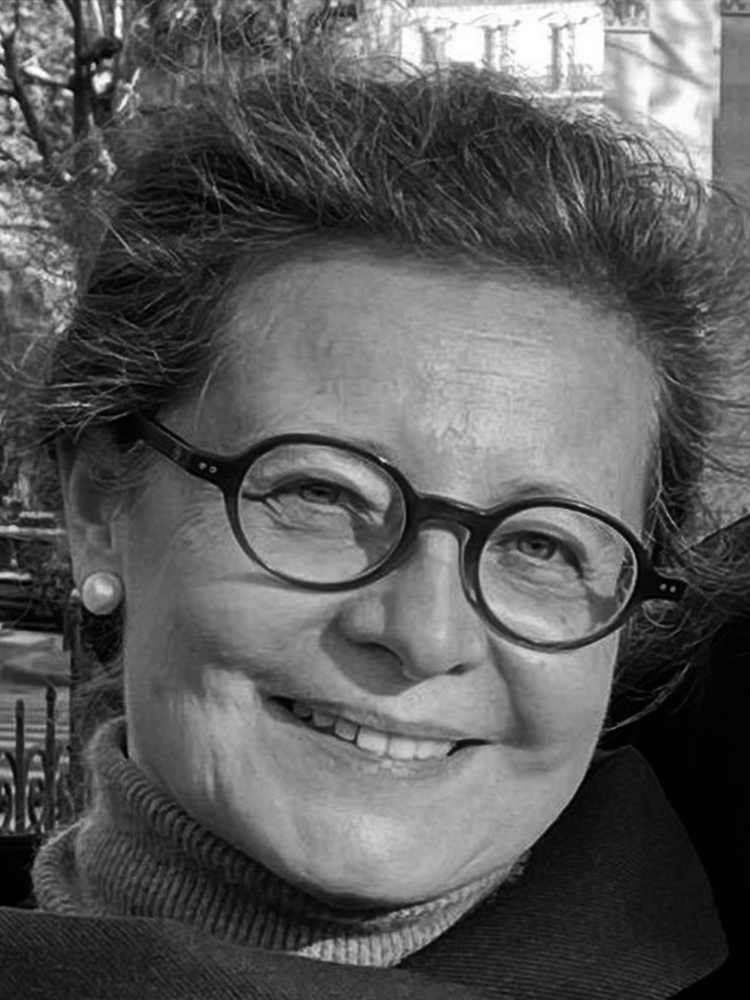
Anne de Wallens
She was head of the Paintings department at the Musée du Louvre. In 2007 she created, in this institution, the Delegation for Preventive Conservation, current Preventive Conservation Department. She participated in developing the ISO standard on heritage contingency plans. She and her team are coordinating the collections section of the Louvre’s flood prevention plan, and for over two years have been auditing the contingency plan for the Louvre Abu Dhabi.
-

Annelies Cosaert
She got her master’s in Conservation and Restoration of glass, ceramics, metals and archeological objects from the University of Antwerp. After working in preventive conservation, she returned to research at the Getty Conservation Institute’s Managing Collection Environments Unit. She is currently at the Sustainability Unit at KIK-IRPA, as part of the Climate2Preserv project, which helps museums reduce their energy consumption while maintaining (or improving) the collection environment.
-
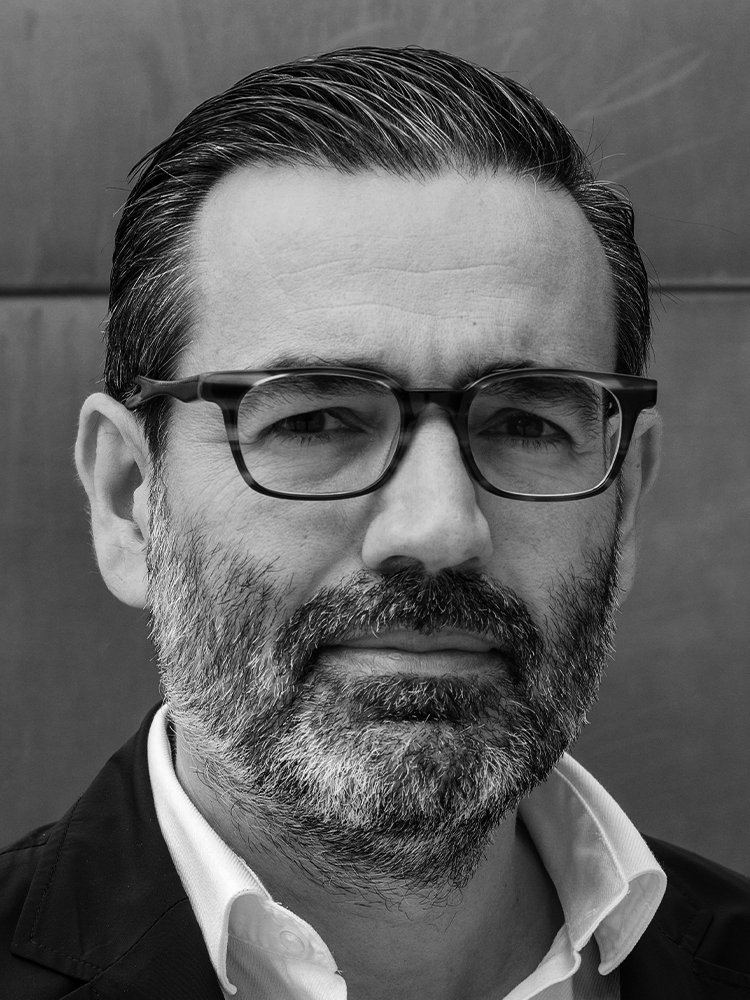
Daniel Vega
Graduated in Fine Arts from the University of the Basque Country and postgraduate studies in Conservation at Universidad Complutense in Madrid and Museum Studies at Leicester University. He joined the Guggenheim Museum Bilbao team in 1998. In April 2018, he was appointed Deputy Director for Exhibitions and Conservation. He has led several key projects in the museum, like the development of Guggenheim Museum Bilbao’s Strategic Framework and Action Plan for Environmental Sustainability.
-
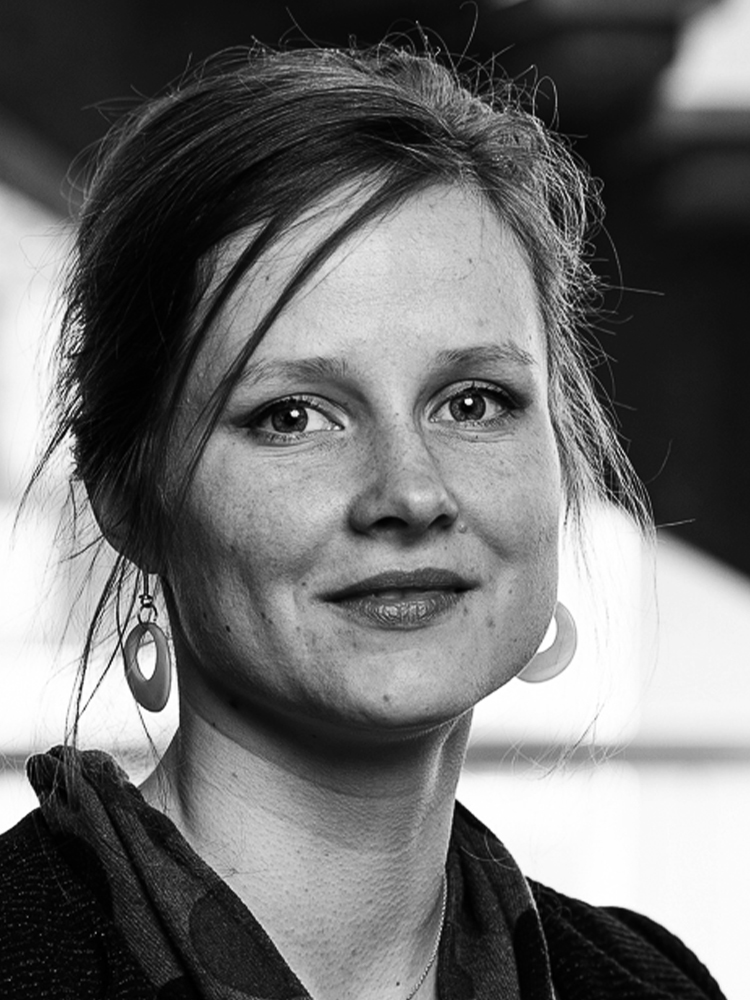
Estelle De Bruyn
She holds a master’s degree in Artworks Conservation and is Head of the Sustainability Unit at KIK-IRPA (Institut Royal du Patrimoine Artistique) in Belgium since 2021. With her team, she focuses on integrating sustainability into heritage conservation, leading research projects for environmentally-friendly practices. She leads NEMO’s Sustainability and Climate Action! working group (Network of European Museum Organisations).
-
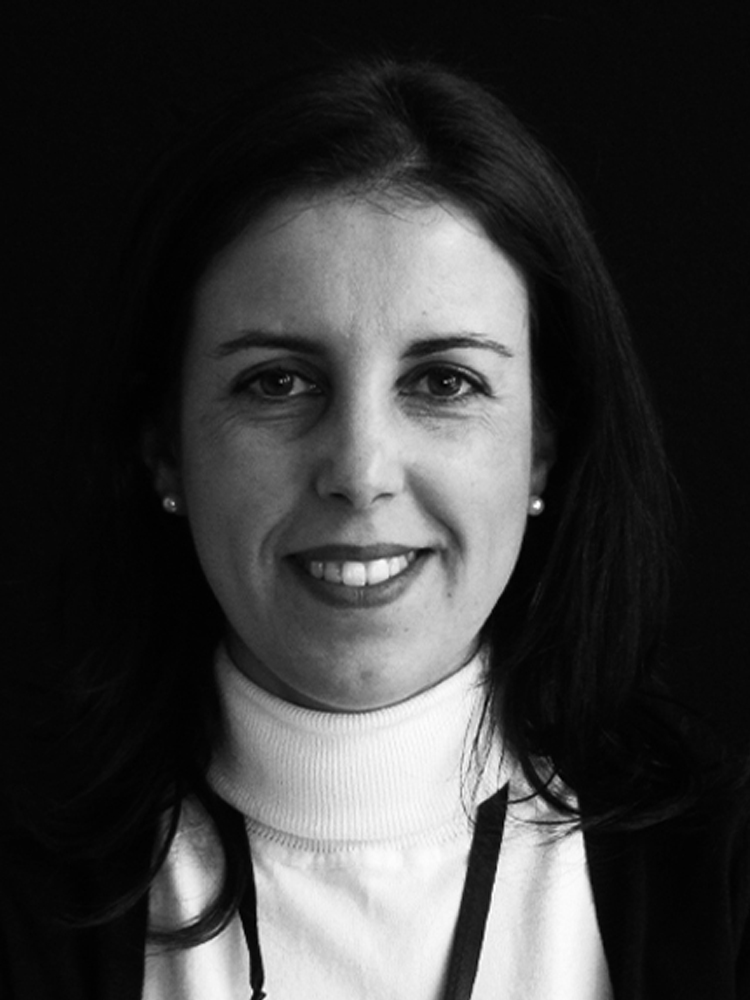
Helena Barranha
Professor at Instituto Superior Técnico and researcher at Institute of Art History (NOVA FCSH) where she is a member of the Museum Studies group and coordinates the cluster Art, Museums and Digital Cultures. She has a master’s in Management of Cultural Heritage and a PhD in Architecture. She was the director of the National Museum of Contemporary Art – Museu do Chiado (2009-2012) and president of the Access Culture association (2022-2023).
-
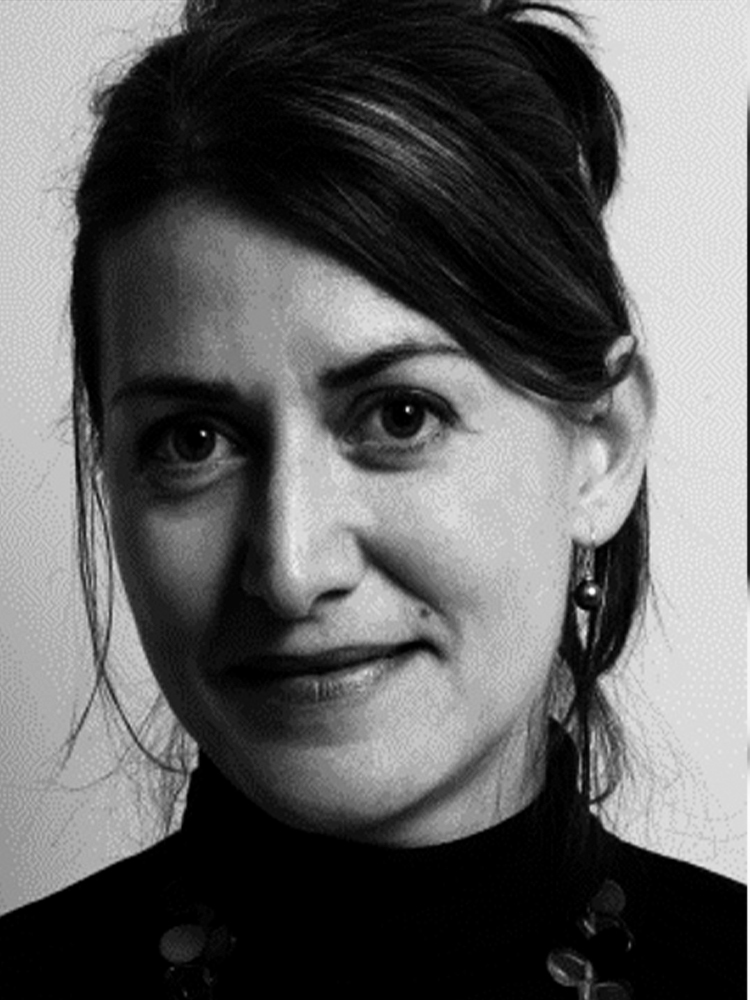
Hélène Vassal
She was Head Registrar and Head of Collections Management at Centre Pompidou and Head Registrar and director of Museography at Musée Guimet. She set up the Collections Management and Conservation section in the opening of Musée do quai Branly and was director of Collections Management and Operations of the Louvre Abu Dhabi. She founded the Association of French Registrars and was deputy director of Institut National du Patrimoine. She is the director of Collections Management at Musée du Louvre.
-

Lucia Pietroiusti
Head of Ecologies at Serpentine, London. As a curator, she works at the intersection of art, ecology and systems,. She was the founder of Serpentine’s General Ecology project and the curator of Sun & Sea(Lithuanian Pavilion, 2019 Venice Biennale, touring until 2025), 8th Biennale Gherdeïna (with Filipa Ramos), Back to Earth (Serpentine, 2020-ongoing) and The Shape of a Circle in the Mind of a Fish (with Filipa Ramos). Recent publications include More-than-Human and Microhabitable.
-

Miguel Magalhães
Director of the President’s Office and director of the Gulbenkian Culture Programme. He was at the French Delegation of the Calouste Gulbenkian Foundation from 2011-2021, serving as director from 2017. Working with the Gulbenkian Foundation since 2005, he was assistant director of the programmes State of the World, Distance and Proximity and Near Future. He was assistant to the administrative and financial director at the São João National Theatre and artistic director of the Póvoa Casino.
-

Rohit Jigyasu
Conservation architect and project manager on Urban Heritage, Climate Change and Disaster Risk Management at ICCROM. He is the vice president of ICOMOS International Scientific Committee of Risk Preparedness. He was the president of ICOMOS-India from 2014-2018 and president of ICOMOS International Scientific Committee on Risk Preparedness from 2010-2019. He is a elected member of the Executive Committee of ICOMOS since 2011 and was its vice president from 2017-2020.
-

Soraya Genin
Graduated in Architecture from the Faculty of Architecture of Lisbon, MSc in Architecture, specialization in Conservation of Historic Towns and Buildings and PhD in Engineering from KU Leuven. She is president of the Portuguese Commission of ICOMOS since 2018. She teaches Architectural Conservation at ISCTE. Combining professional and academic practice, teaching and research, her activities have an impact on the field of Architecture, particularly in the domain of Cultural Heritage Conservation.
Programme
09:15 / Opening Session
09:30 / Introduction to the Meeting
09:45 / Opening Conference
Panel 1 – Leading the Way: The Role of International Organisations
Panel 2 – Museums in the 21st Century: Greening Our Way Forward
Closing Session
16:45 / Reflections
17:00 / Environmental Sustainability at the Guggenheim Museum Bilbao
17:45 / Final Remarks
The Calouste Gulbenkian Foundation reserves the right to collect and keep records of images, sounds and voice for the diffusion and preservation of the memory of its cultural and artistic activity. For further information, please contact us through the Information Request form.
